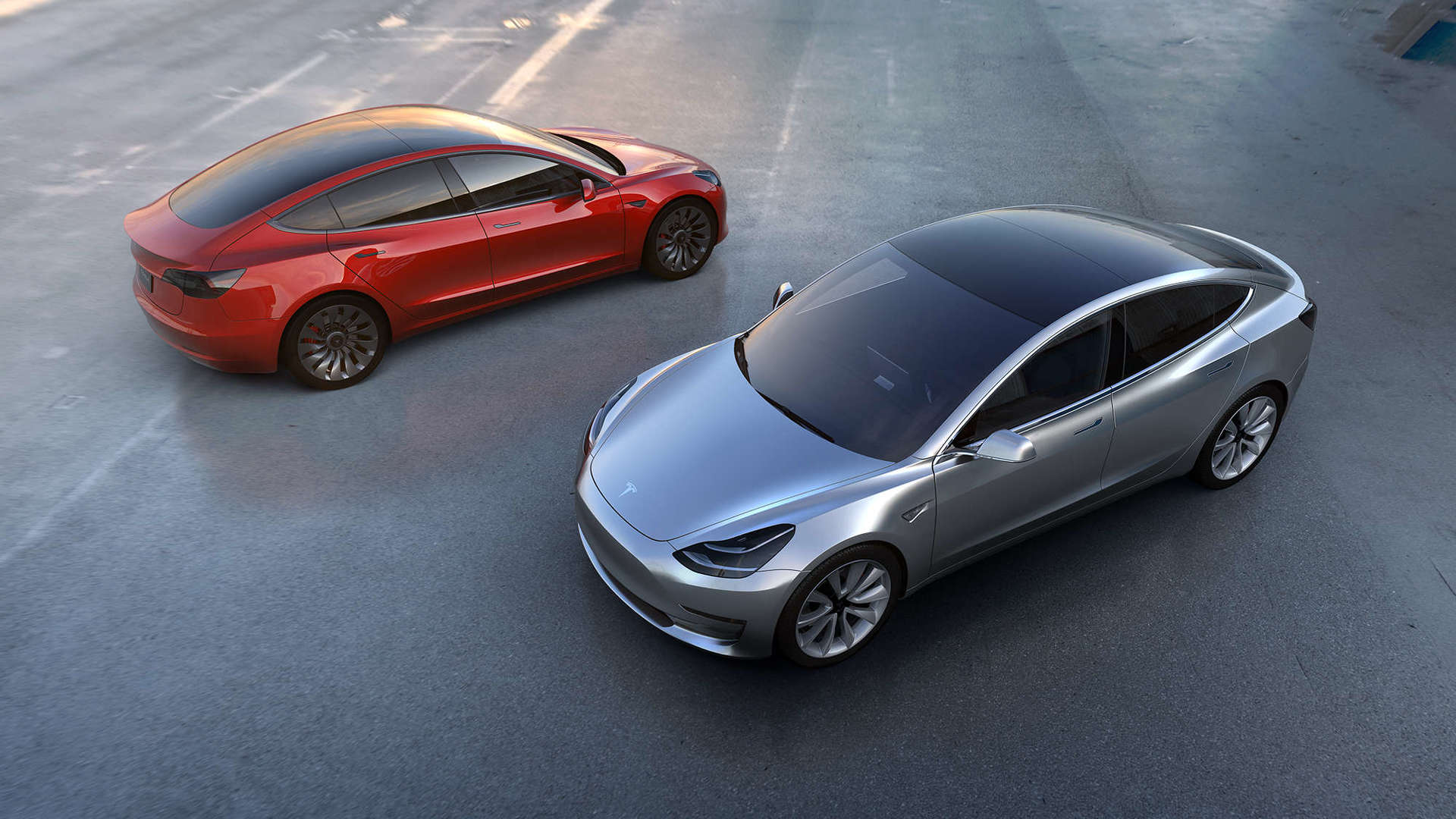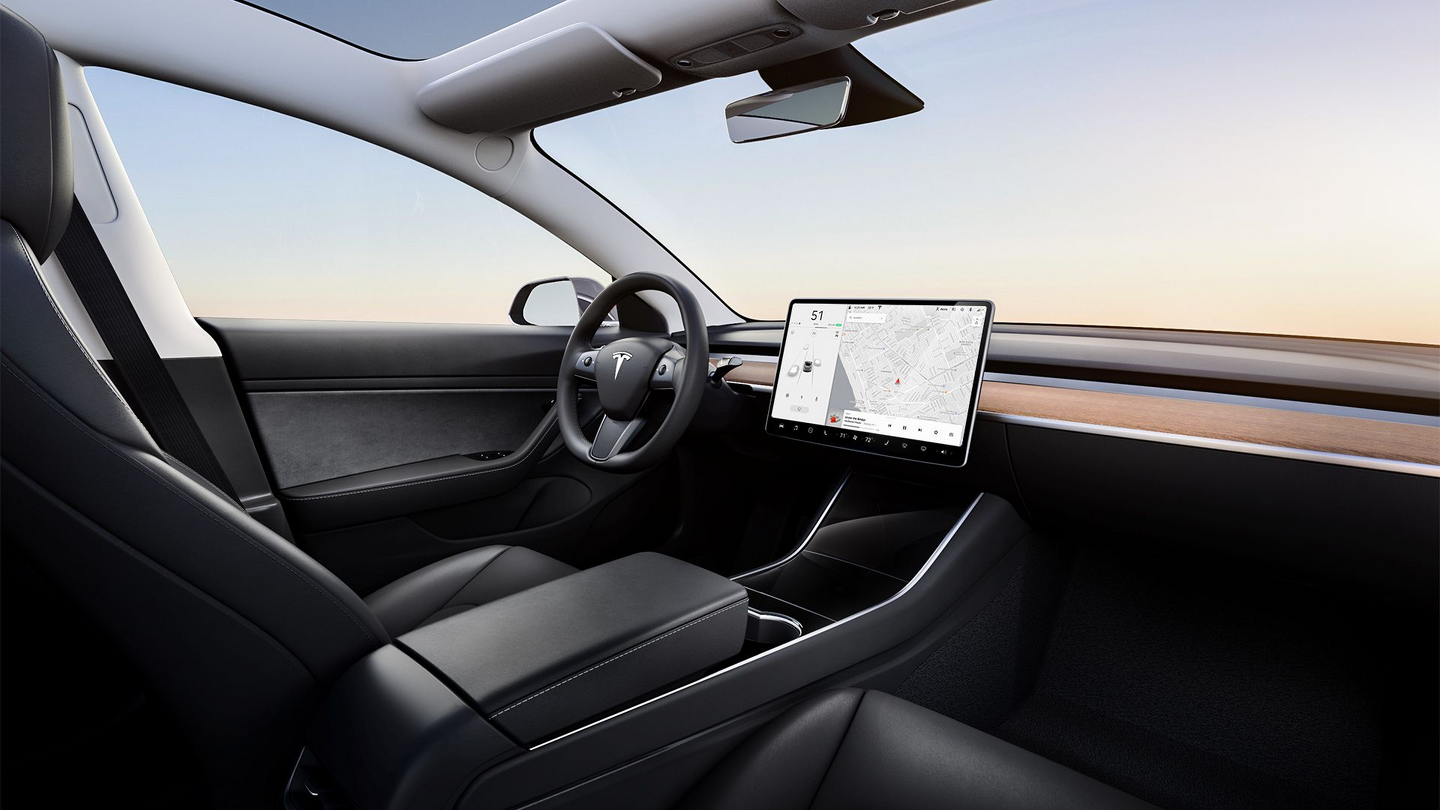Tesla’s Model 3 Now Cheaper Than Toyota’s Camry: In California with Tax Benefits. How, teamautoexpert will provide you all the information. As we know Tesla, Inc. is an American multinational automotive and energy company headquartered in Austin, Texas. Tesla designs and manufactures electric vehicles, stationary battery energy storage devices from home to grid-scale, solar panels and solar roof tiles, and related products and services.

Tesla’s Model 3 Now Cheaper Than Toyota’s Camry: In California with Tax Benefits
New battery rules went into effect in April that lowered the credit of the Model 3 standard Range Rear Wheel Drive and Long Range All-Wheel Drive to USD 3,750. Tesla lasr week on it’s webiste said that all versions of Model 3 again qualify for the full credit. The Government confirmed the change on it’s fueleconomy.gov website.
About Tesla :
Tesla, Inc. is an American multinational automotive and energy company headquartered in Austin, Texas. Tesla designs and manufactures electric vehicles, stationary battery energy storage devices from home to grid-scale, solar panels and solar roof tiles, and related products and services
Model Y : Model Y is a fully electric, mid-size SUV with $7,500 Federal Tax Credit Available for new Model Y.
Model X : Model X is built for utility and performance with 3 Years Unlimited Free Supercharging With Model X purchase link.
Model 3 : Model 3 is designed for electric-powered performance with $7,500 Federal Tax Credit Available for new Model 3 and 3 Months Free Supercharging link
Model 3 cheaper with Tax Benifits :
Because of Tesla Inc.’s fast modification of its battery supply chain, all of its Model 3 vehicles qualify for federal U.S. credits, which, combined with other tax benefits, may reduce the Model 3’s price to less than that of a Toyota Camry.
The Biden administration confirmed on Tuesday that all Tesla Model 3 automobiles now qualified for $7,500 electric vehicle consumer tax credits, up from half of the amounts before.
In April, new battery sourcing regulations come into effect, lowering the Model 3 Standard Range Rear Wheel Drive and Long Range All-Wheel Drive credit to $3,750. Tesla said last week on its website that all Model 3 variants are now eligible for the full credit. The change was confirmed by the government on its fueleconomy.gov website.
A Model 3 starts at $40,240, but depending on income and other restrictions, the price may drop to $25,240 after the $7,500 federal tax credit and another $7,500 from the California tax rebate kick in. Toyota’s Camry starts at $26,320 and goes up from there.
TWEAKS TO THE SUPPLY CHAIN :
Analysts believe Tesla may have modified its battery supply chain to meet federal subsidy criteria for both battery minerals and battery components.
According to Benchmark Mineral Intelligence (BMI) analyst Caspar Rawles, Tesla may have rejected CATL in favour of Panasonic for the US-made Model 3 Rear Wheel Drive, the cheapest variant. According to him, the subsidy value would greatly outweigh the savings from employing CATL’s cheaper iron-based cells.
“It is very likely Panasonic, but there could be others.” There are some concerns about cell availability if they need to supply enough for all Model 3s in the United States,” he said. According to analysts, Tesla used CATL’s LFP battery cells for its Model 3 Rear Wheel Drive and nickel-based cells from an unidentified source for its Model 3 Long Range.
Panasonic operates a battery cell factory in Nevada that satisfies federal standards for locally produced battery components. CATL and other suppliers, like as LG Energy Solution, do not have factories in the United States to manufacture Tesla cells.
When asked about Tesla and whether its supply agreements to North America had changed, CATL stated, “The strategic partnership between the company and customers has not changed and will continue to deepen and improve.”
“Tesla could have shifted to manufacturing.” Those battery packs will be manufactured in the United States while using Chinese cells,” Morgan Stanley analyst Adam Jonas said.

Panasonic Holdings announced on Tuesday that it intends to increase output of electric vehicle batteries at the Nevada factory it shares with Tesla by 10% over the next three years.
In May, the Japanese supplier announced that the rollout of the 4680 batteries it is creating for Tesla had been delayed, and that its existing 2170 battery cell would cover immediate demand needs.
Tesla has already begun shipping Chinese-made Model 3s and Model Ys to Canada, freeing up some capacity for US-made vehicles.